Toby Hadoke is an actor, comedian, comedy club host, and - if that’s weren’t good enough - a Doctor Who fan. He outed himself magnificently as a Doctor Who fan in his stand-up show Moths Ate My Doctor Who Scarf, a very funny and often touching account of a life lived with this wonderful TV show.
I’ve known Toby since 2006, because he was one of the sparkling cast that performed my adaptation of Dead Souls but we didn’t know that we had a shared Whovian secret until a few years later, thanks to the magic of Twitter.
And now Toby has started a podcast and video series about Doctor Who. There are several strands: he writes essays on aspects of Doctor Who; he offers a comprehensive episode-by-episode chronological guide to the series; he offers an even more comprehensive episode-by-episode chronological guide to the series; and he does positive episode commentaries - by that I mean, he asks friends to choose an episode they like and he watches them, chatting away to us, looking for the positives and trying to avoid snark. Given that among his early tasks were Time Flight and The Chase, this shows remarkable ingenuity and fortitude.
But the commentaries are wonderful. Toby is an actor and is particularly attentive to the creativity of what the actors are doing and he is also comprehensively acquainted with their CVs so the commentaries are always fascinating as well as very funny.
And he asked me to choose a story. I chose 1978’s The Ribos Operation, the first story in the 16th season. I have a great fondness for this story. I was 10 at the time and right in the middle of my love of Doctor Who (which I’d only discovered 2½ years earlier). Most importantly, this was the story where I started making sound recordings of the episodes to listen to again (this was way before VCR). It turns out this was a very common thing for Doctor Who fans to do, but I didn’t know that yet. And so I listened to this dozens and dozens of times - and by happy coincidence it’s a story that repays that kind of attention because it is written by Robert Holmes, still the best writer of Doctor Who, not just because he introduced some of the greatest villains (Autons, Sontarans, The Master), wrote some of the greatest stories (Carnival of Monsters, Deadly Assassin, Talons of Weng-Chiang), rewrote as script editor some weak scripts to make them astonishingly superb stories (Ark in Space, Pyramids of Mars, Brain of Morbius and - I suspect - Genesis of the Daleks), and contributed enormously to the mythology of the show (our sense of the Doctor’s home planet Gallifrey comes largely from him), but because, moment by moment, his scripts are the most imaginative, most expertly plotted, most richly characterised, and funniest scripts Doctor Who was ever lucky enough to have. So The Ribos Operation was worth registering because the script and the story absolutely sparkles. It’s about a real estate conman, but he doesn’t pretend to sell houses, he sells planets. It’s about an extraordinary heist that begins with the criminals breaking into a strong room and smuggling a precious stone into the jewel cabinet. It’s a story about a deposed tyrant, a redeemed heretic, a supernatural prediction that seems to come true, and it’s the story of the search for the key to time. It’s brilliant.
So I haven’t given Toby too hard a time and I’m pleased to say he likes it as much as I do. He’s full of information and insight about the story and he says some very nice and very funny things about me (his image of me is of ‘someone in a scarf on the South Bank talking to Gore Vidal about Rentaghost’).
You can listen to the whole thing here: https://www.podbean.com/eu/pb-j86ik-fa1daf.
When he releases the video, I’ll put the link up here.
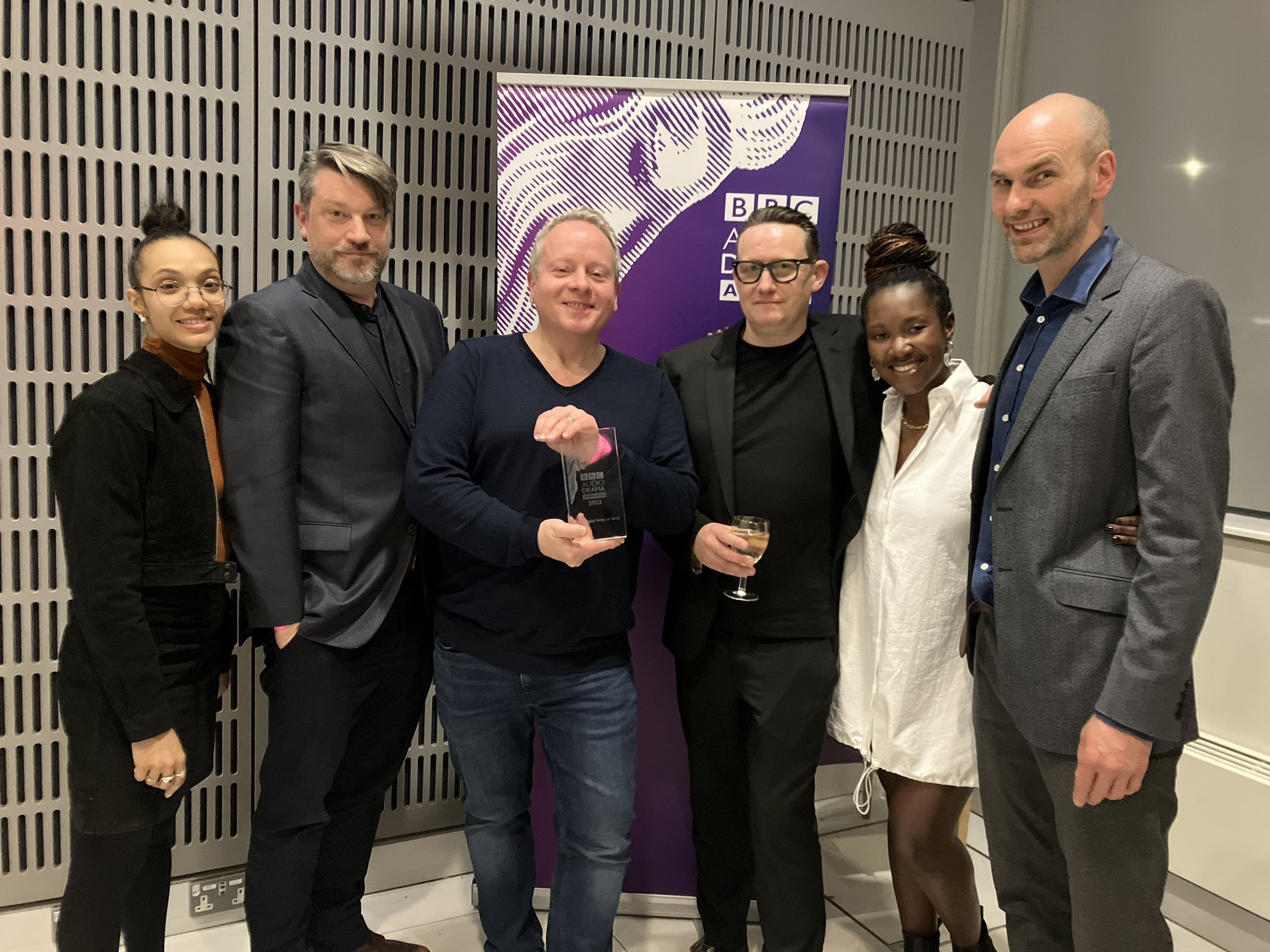




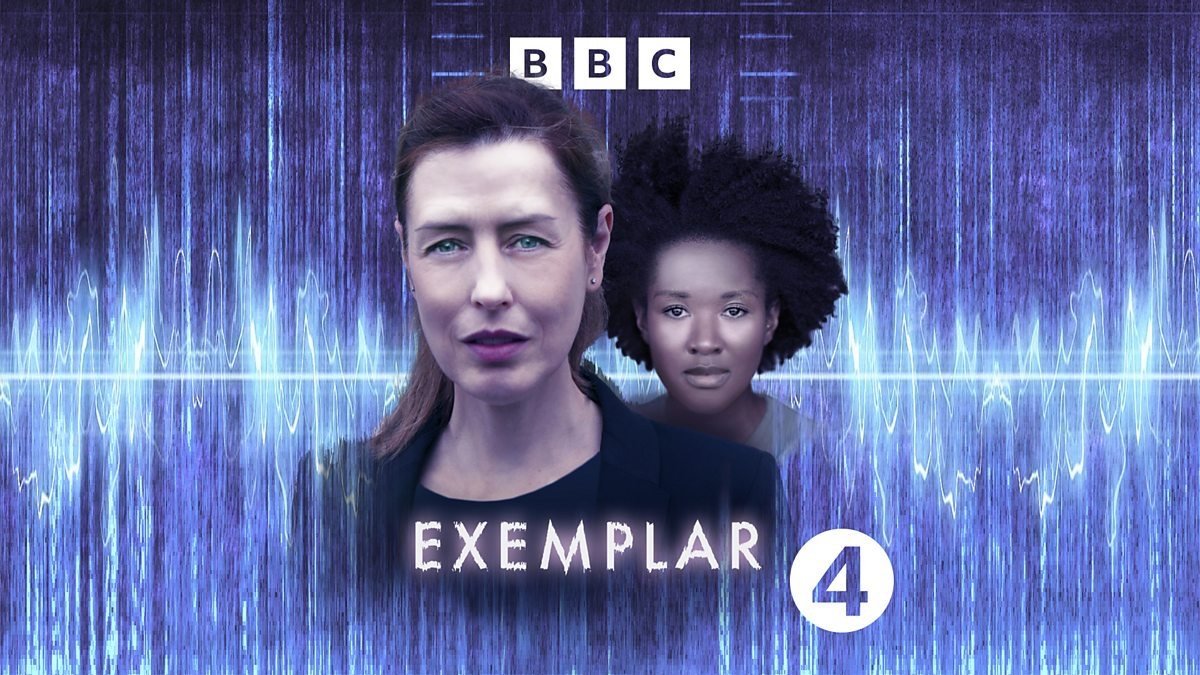


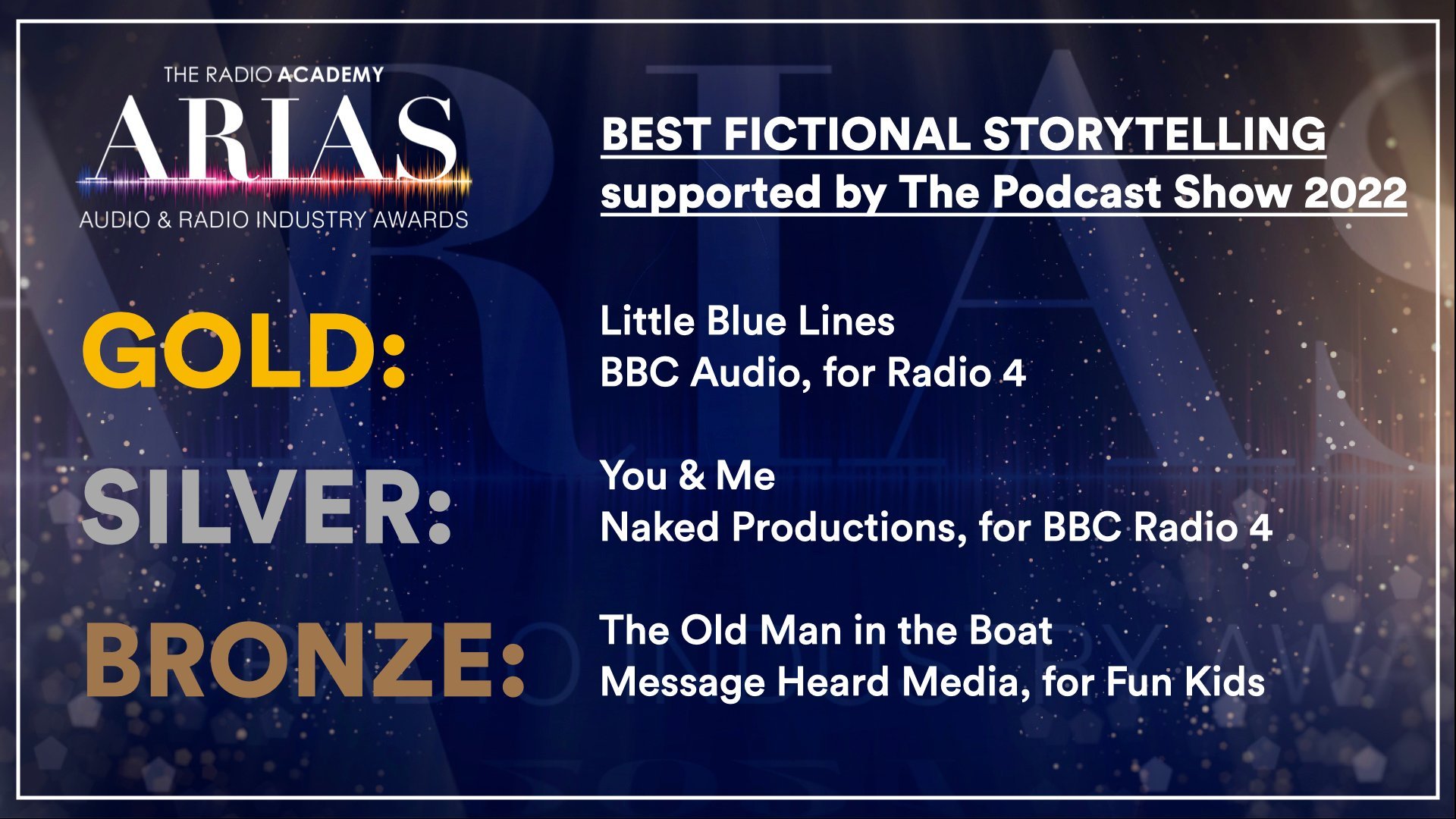



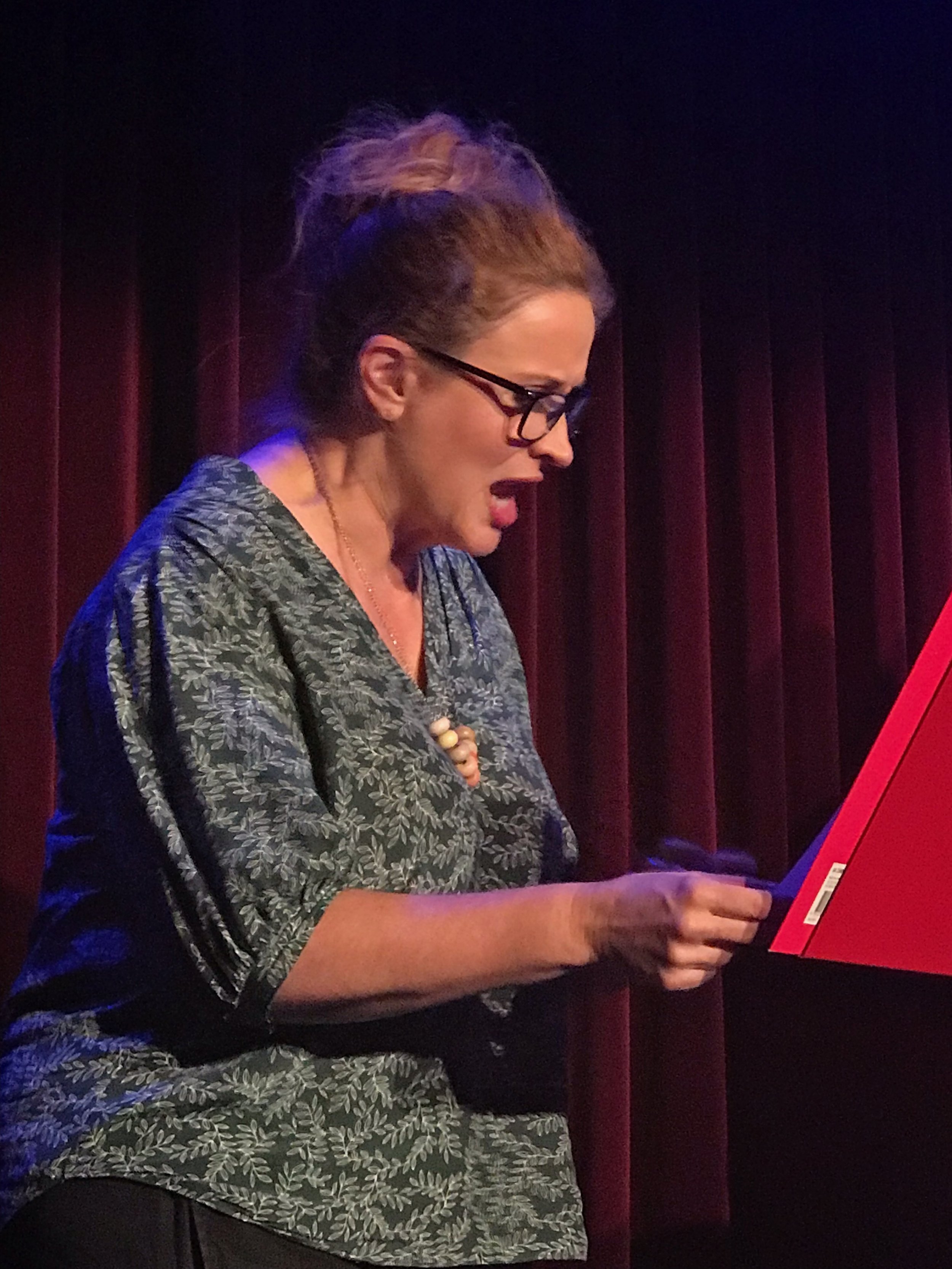
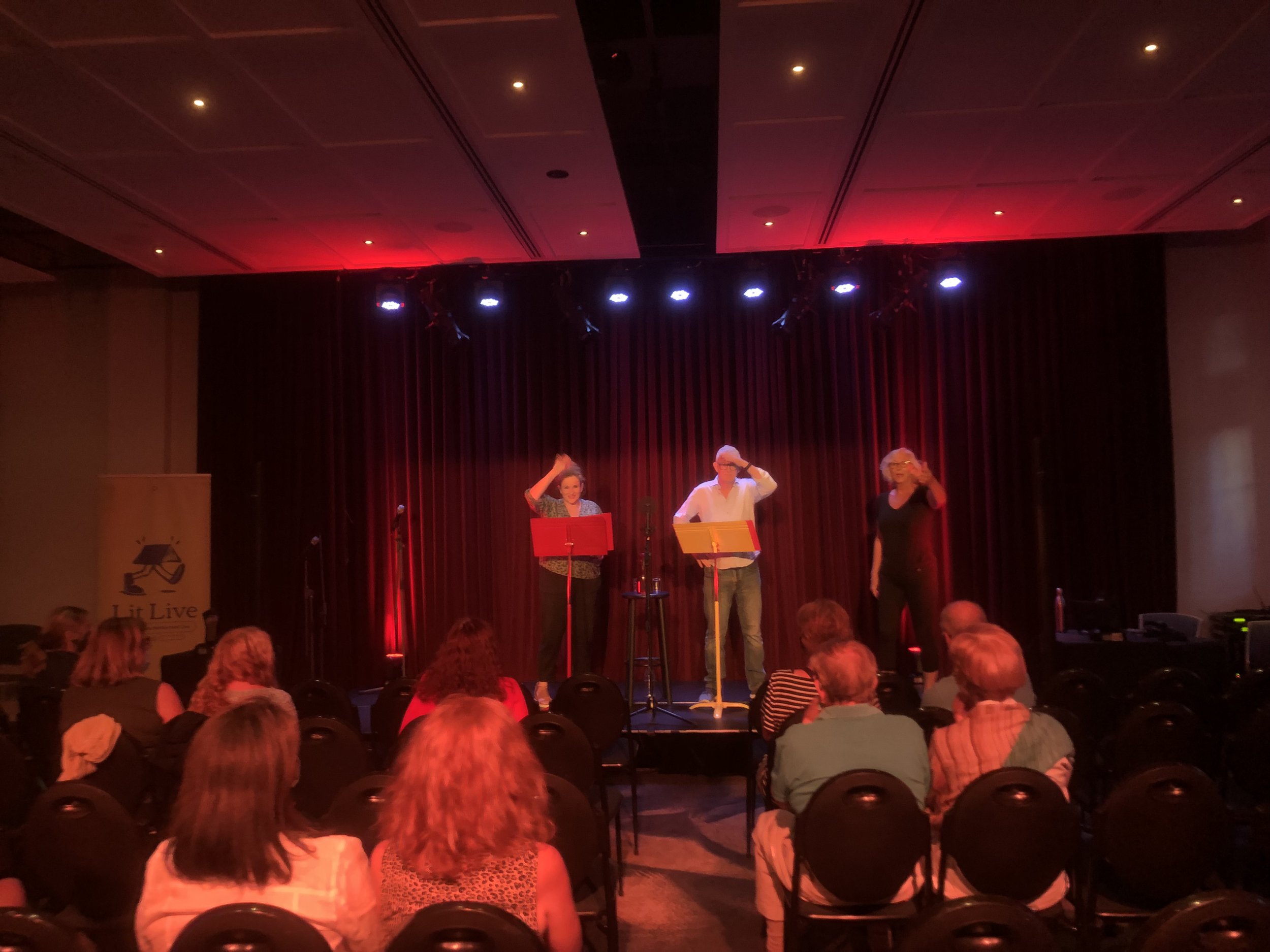







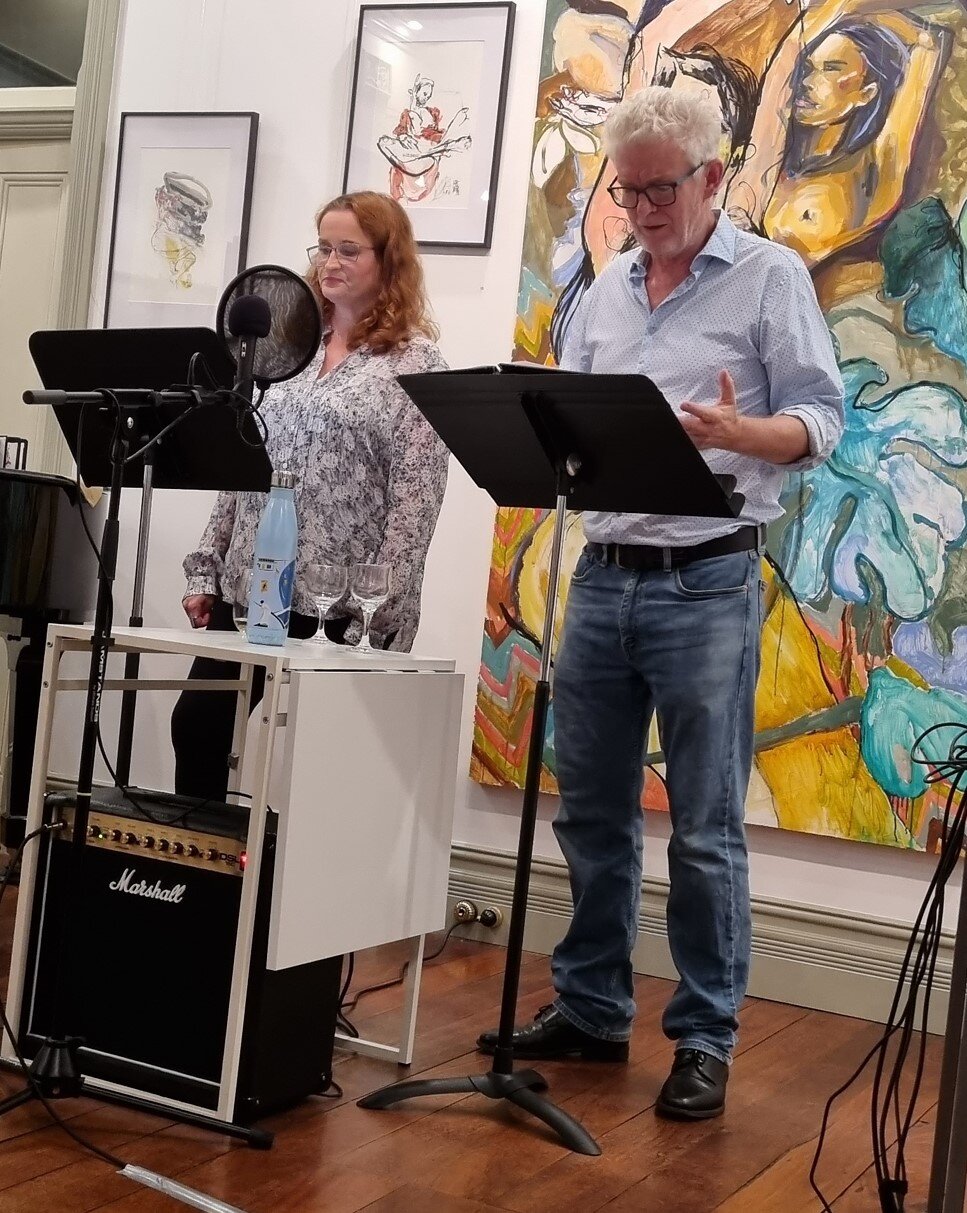
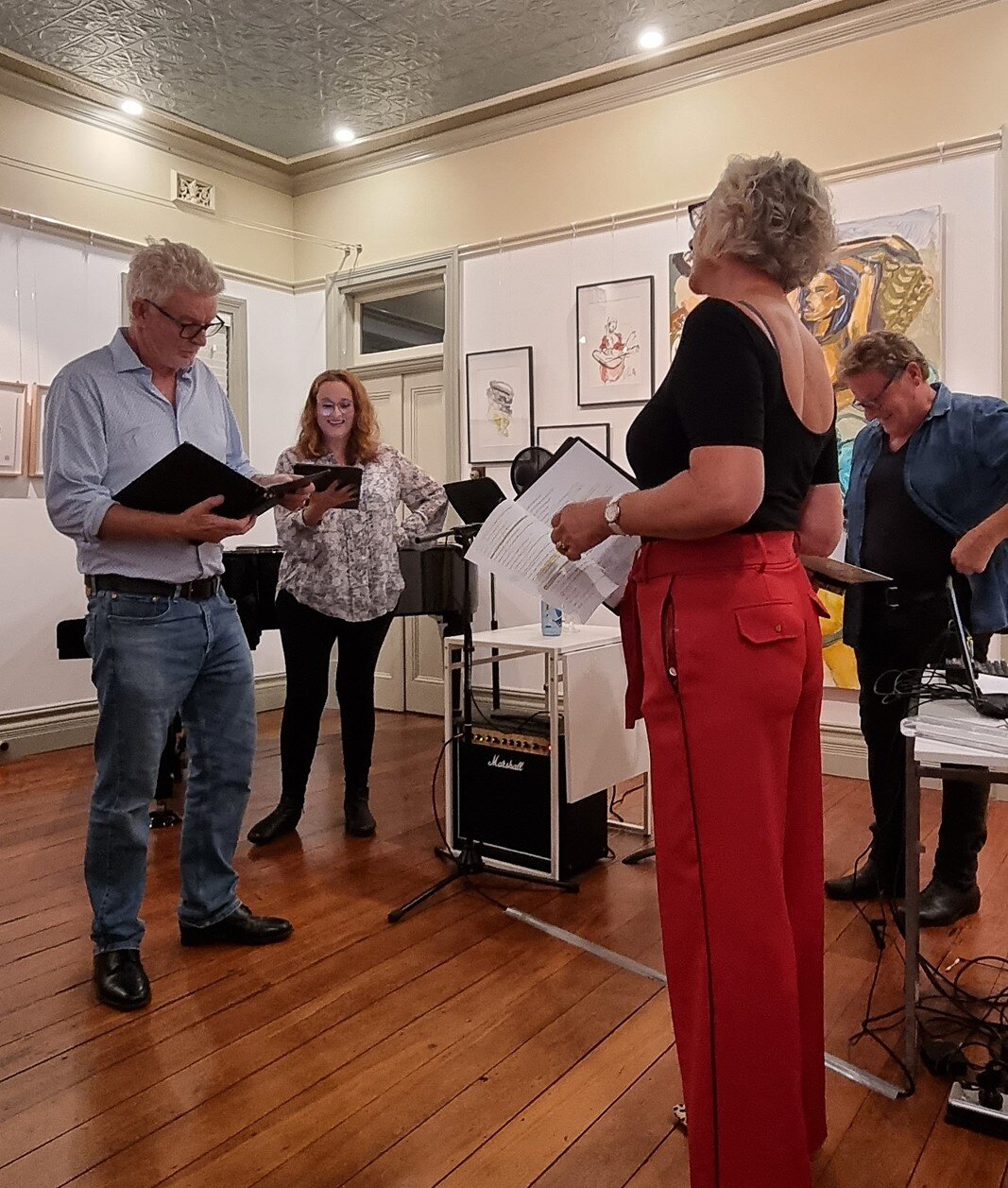
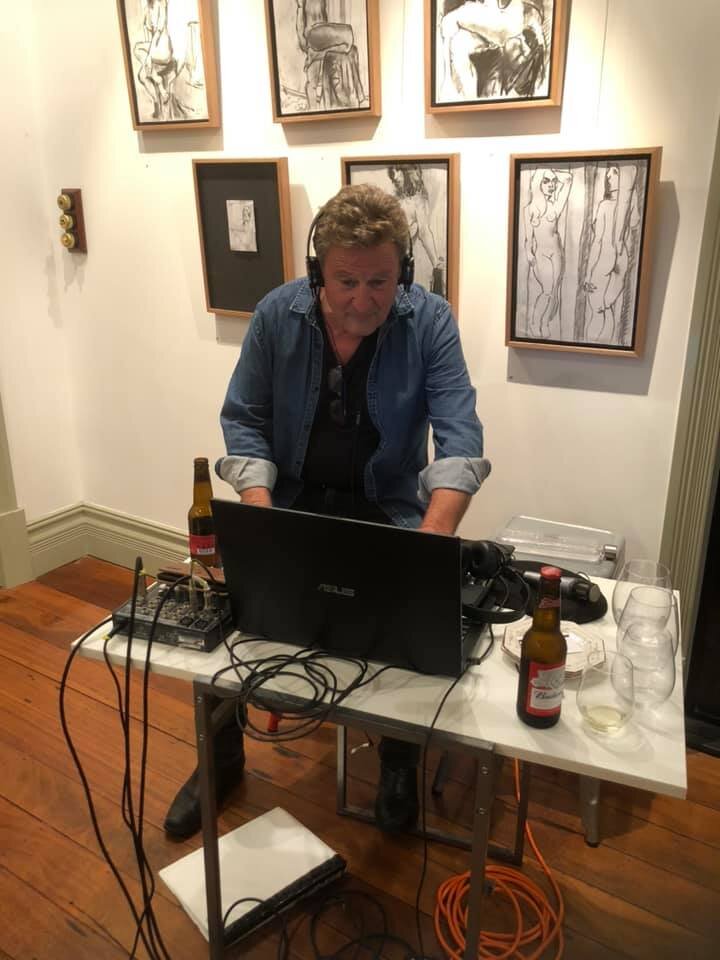
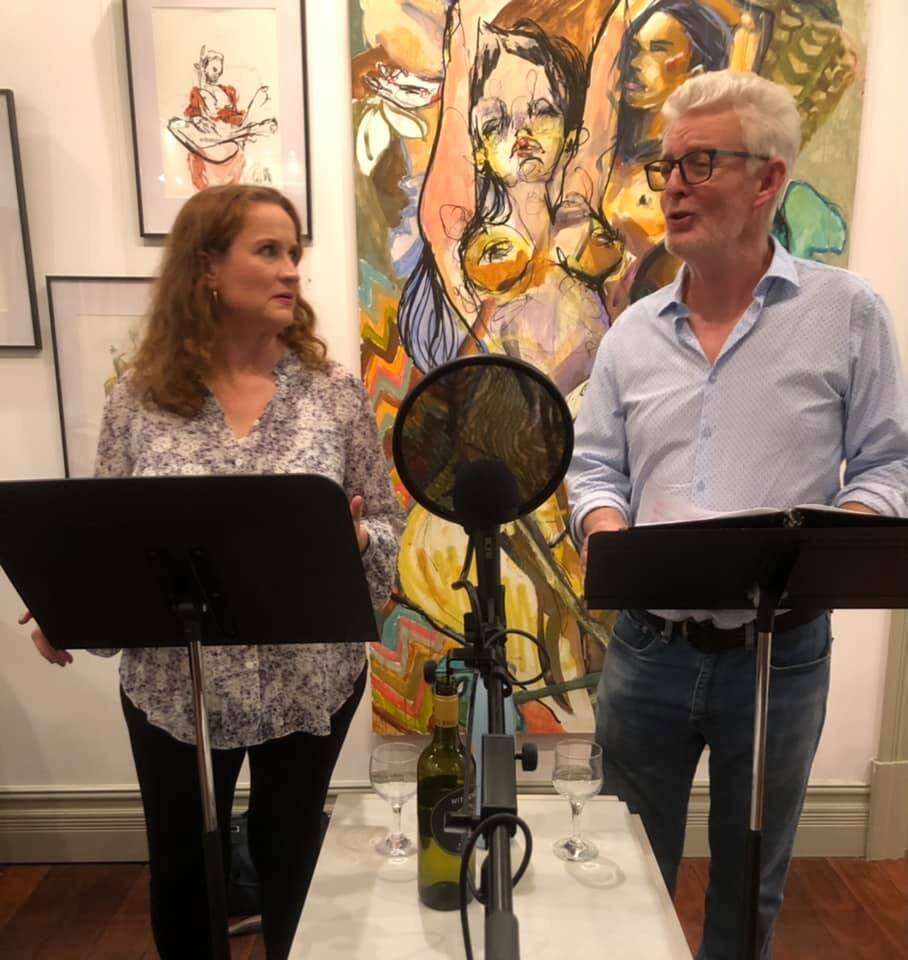
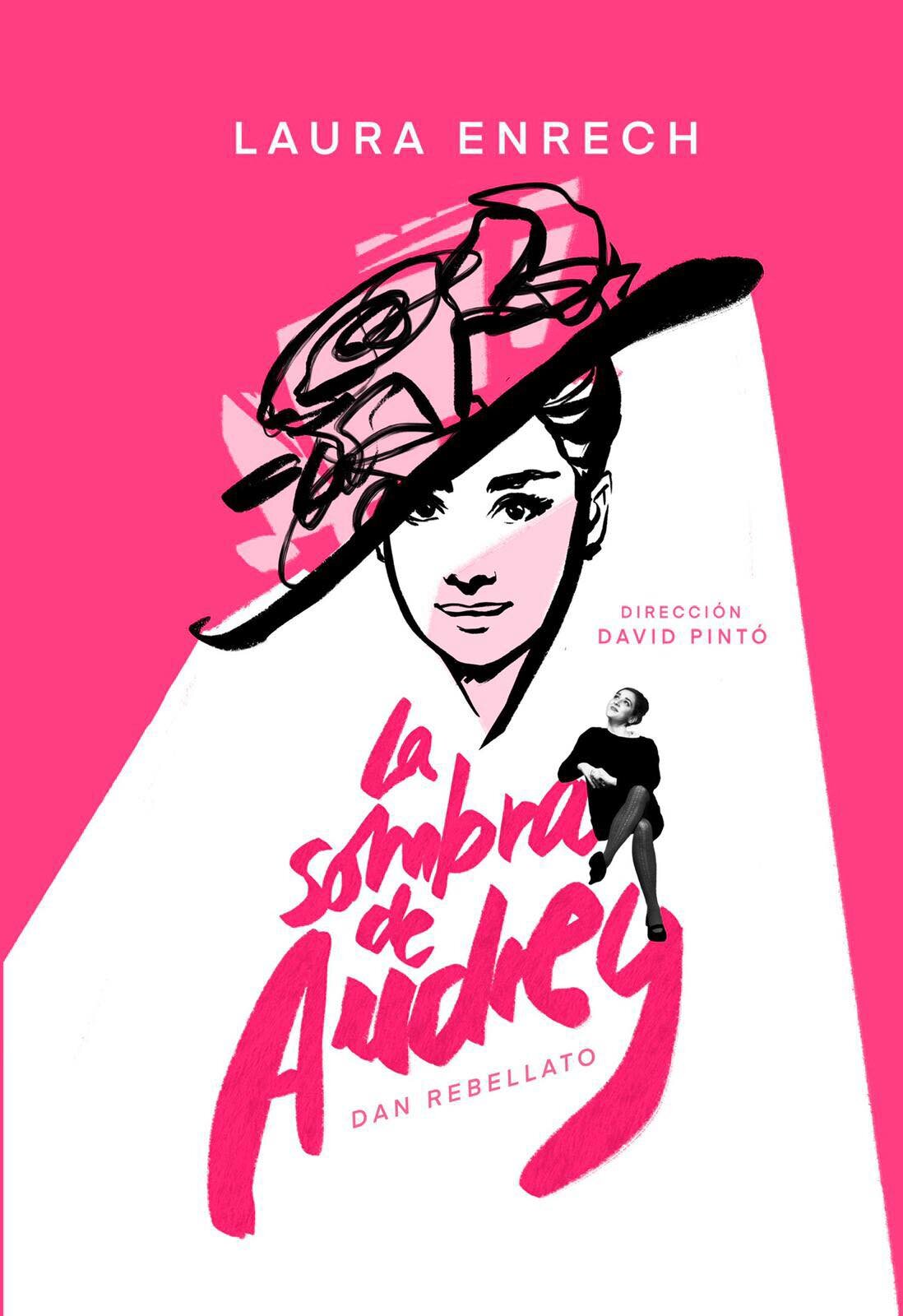




![photo[1].jpg](https://images.squarespace-cdn.com/content/v1/513c543ce4b0abff73bc0a82/1362919072201-PZO854G4SEB794DVOEI8/photo%5B1%5D.jpg)
